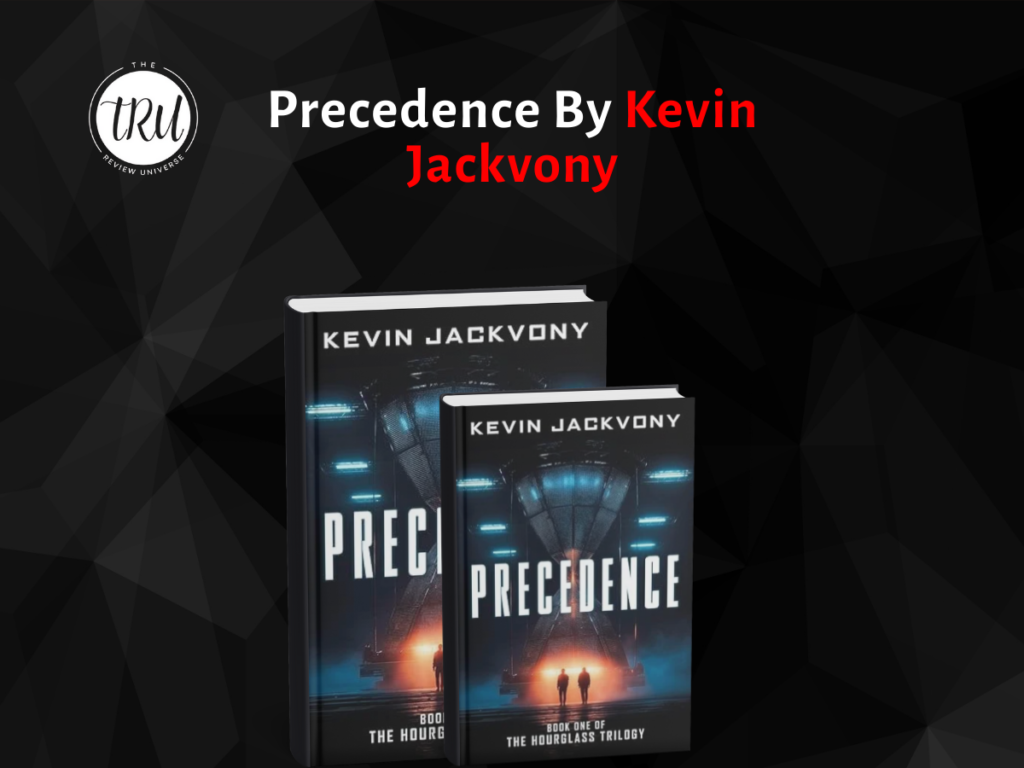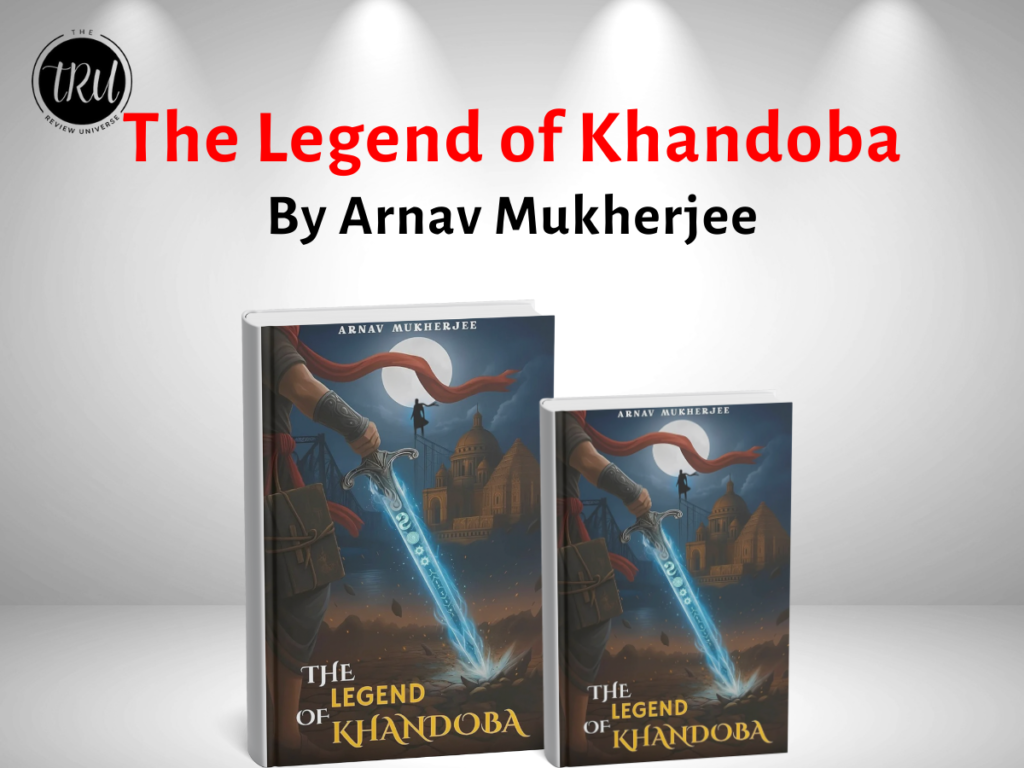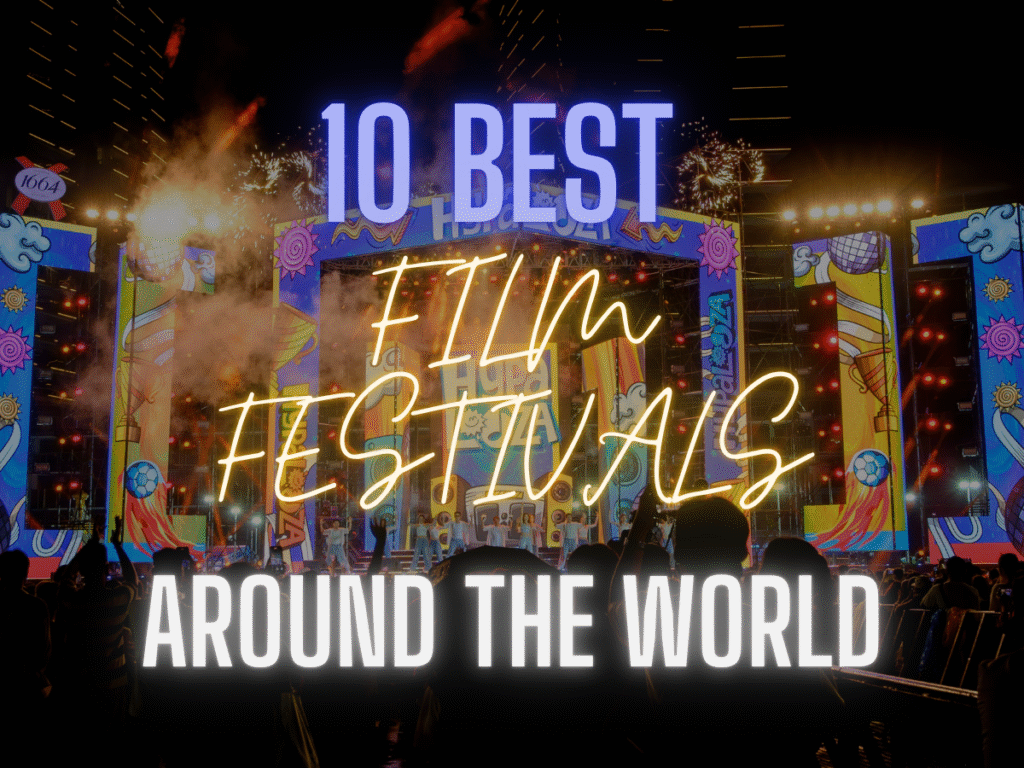
10 best film festivals around the world. In the dynamic and more globalised entertainment industry, film festivals are essential foundations, acting not only as exhibitions for cinematic art but also as key hubs for industry networking, talent discovery, and cultural exchange. These festivals are crucibles for artistic vision and financial feasibility, influencing distribution tactics, defining critical conversation, and frequently starting careers that define decades of filmmakers. This delves into ten of the world’s most prominent film festivals, examining their unique identities, historical relevance, and long-term impact on global movie culture.
10 Best Film Festivals Around The World
1. CANNES FILM FESTIVAL (FRANCE)
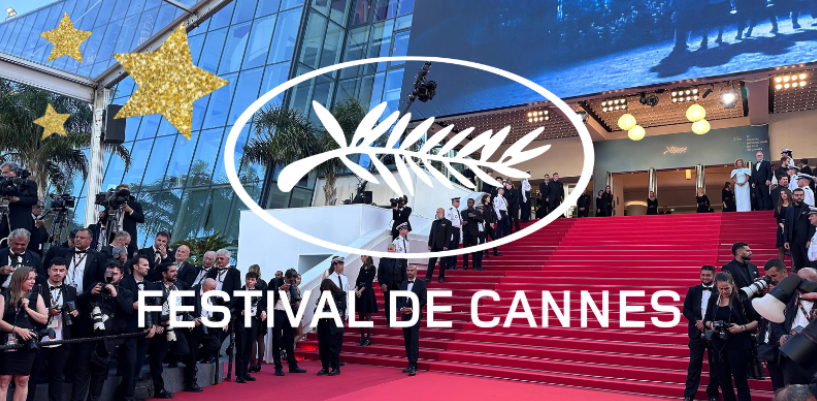
This festival, held every year in Cannes, France, is the world’s most prestigious and well-publicized film event. Its distinctive red carpet and privileged setting make it a symbol of cinematic opulence and artistic achievement. Cannes is predominantly an auteur film festival, showcasing films of exceptional artistic worth and frequently serving as a springboard for international distribution. Founded in 1946, Cannes soon established itself as a beacon of artistic freedom and creativity in postwar Europe. The festival’s stringent selection procedure and emphasis on debuts generate a lot of hype and critical attention for selected films.
Cannes is renowned for its highly competitive official selection, including the “Competition” for the Palme d’Or, “Un Certain Regard” for unique visions, and “Directors’ Fortnight.” The festival’s blend of high art, celebrity, and industry deal-making is unparalleled, making it a critical annual gathering for the global film community.
2. VENICE INTERNATIONAL FILM FESTIVAL (ITALY)
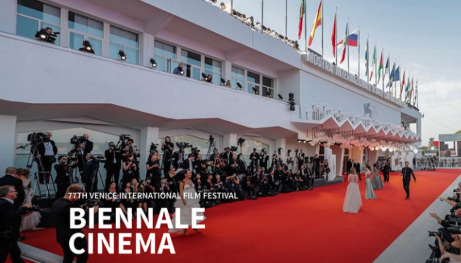
The Venice International Film Festival, or Mostra Internazionale d’Arte Cinematografica, holds a revered place in cinematic history. The festival is known for its blend of artistic prestige, historical significance, and its role as an early indicator of awards season contenders. Established in 1932, Venice quickly became a major platform for international cinema. The Golden Lion is one of cinema’s most coveted awards. Venice’s long history has seen it premiere countless masterpieces and introduce major filmmakers to the world stage.
Venice is a key launching pad, hosting the world premieres of critically anticipated dramas and auteur works. Its “Orizzonti” section focuses on new trends and emerging filmmakers, while “Venice Classics” celebrates restored masterpieces. The festival strikes a balance between showcasing established masters and discovering new talent, all set against the stunning backdrop of Venice, adding to its unique allure and historical weight in the global film circuit.
3. BERLIN INTERNATIONAL FILM FESTIVAL (GERMANY)
The Berlinale is one of the “Big Three” European film festivals, alongside Cannes and Venice. It serves as a crucial platform for films that address contemporary global issues and promote cultural understanding. Founded in 1951 in West Berlin, the festival was established during the Cold War. Berlinale annually screens hundreds of films, attracting thousands of public attendees, making it the largest film festival by audience numbers.The festival’s main award is the Golden Bear.
Beyond the main competition, sections like “Panorama” (for independent and art-house cinema), “Forum” (for experimental and avant-garde works), and “Generation” (for films aimed at children and young adults) highlight its breadth. Berlinale’s commitment to social commentary, diverse voices, and accessibility makes it a unique and vital force in global cinema.
4. SUNDANCE FILM FESTIVAL (USA)
The Sundance Film Festival is the most prestigious independent film festival in the United States and a worldwide recognised forum for independent cinema. It is synonymous with discovery, often launching the careers of groundbreaking filmmakers and presenting unique narrative to a larger audience. Established in 1978, it immediately became the most prominent platform for independent American cinema.
Its emphasis on developing fresh talent and giving a platform for under-represented tales filled a critical vacuum in the industry. Sundance is noted for its competitive sections for American drama and documentary films, as well as World Cinema categories. The festival is an important marketplace for distribution deals, which frequently lead to larger theatre releases and award acclaim for independent films.
5. TORONTO INTERNATIONAL FILM FESTIVAL (CANADA)

The Toronto International Film Festival is one of the largest and most publicly attended film festivals in the world. It is a non-competitive festival renowned for its role as a major launchpad for Oscar contenders and a key platform for North American premieres of international films. Founded in 1976, TIFF quickly grew in prominence, establishing itself as a crucial stop on the autumn festival circuit. Its “People’s Choice Award” is often seen as a significant indicator of future Academy Award success.
TIFF’s sheer scale is impressive, screening hundreds of films across various programs, from gala presentations of major studio films to independent features and documentaries. The festival’s accessible nature, combined with its strategic timing before the awards season, makes it an indispensable event.
6. TELLURIDE FILM FESTIVAL (USA)
The Telluride Film Festival, held annually in the remote mountain town of Telluride, Colorado, is known for its exclusive and highly curated program. It is popular with cinephiles and industry insiders due to its high-quality premieres and absence of overt commercialism. Telluride, founded in 1974, quickly gained a reputation for its discerning taste and its ability to identify future award winners. Many films that premiere in Telluride go on to achieve considerable critical and commercial success.
Telluride is non-competitive and focusses on presenting a finely curated program of worldwide cinema, which frequently includes world premieres and restored classics. The festival’s reputation for quality and “surprise” programming make it a much-anticipated event that consistently sets the tone for the autumn film season and awards season.
7. BUSAN INTERNATIONAL FILM FESTIVAL (KOREA)

The Busan International Film Festival is the largest and most significant film festival which is held annually in Busan, South Korea. It is dedicated to introducing new films, debut directors and serves as a vital platform for promoting Asian cinema to the world. Founded in 1996, BIFF quickly rose to prominence, becoming a crucial hub for the film industry. Its commitment to fostering regional talent helped it become a gateway for Asian filmmakers to gain international recognition.
BIFF’s “New Currents” section is its main competitive program, focusing on emerging directors. The Asian Film Market, is a key platform for co-production and distribution. BIFF’s dedication to nurturing Asian talent, promoting cultural exchange, and its youthful energy make it an event for the future of world cinema.
8. INTERNATIONAL FILM FESTIVAL ROTTERDAM (NETHERLANDS)
The International Film Festival Rotterdam is renowned for its focus on independent, experimental, and avant-garde cinema. It is a vital platform for emerging filmmakers and often features a strong emphasis on artistic freedom and innovative cinematic language. IFFR was founded in 1972 and quickly established itself as a counterpoint to more mainstream festivals. Its commitment to showcasing diverse voices and pushing the boundaries of cinematic expression has made it a crucial event for discovering unconventional talent.
IFFR’s main competition is for the Tiger Awards, recognizing innovative and daring filmmaking. Rotterdam’s strong emphasis on artistic integrity and its role as a key market for independent films make it a unique and influential force in the global festival circuit, particularly for those seeking the cutting edge of cinema.
9. LOCARNO FILM FESTIVAL (SWITZERLAND)

The Locarno Film Festival, in Locarno, Switzerland, is celebrated for its focus on artistic cinema, new talent, and its unique open-air screening venue in the Piazza Grande. It is known for its discerning artistic taste and its commitment to discovering and championing films that push cinematic boundaries. Founded in 1946, Locarno has a long history of showcasing independent and art-house cinema, often giving early exposure to filmmakers who would later become international luminaries.
The festival’s main award is the Golden Leopard, recognizing excellence in international cinema. Locarno is particularly known for its “Concorso Cineasti del Presente” (Filmmakers of the Present) section, dedicated to first and second features, and its “Pardi di Domani” (Leopards of Tomorrow) for short films, highlighting its commitment to emerging talent.
10. TRIBECA FILM FESTIVAL (USA)
Tribeca Film Festival in New York City was established to commemorate the power of film to heal and inspire. It has grown into a significant platform for independent cinema, documentaries, and new media, with a strong focus on community engagement and storytelling that reflects the spirit of New York. Tribeca was founded in 2002 and quickly established itself as a major American film festival. Tribeca screens a wide array of narrative features, documentaries, and short films, often with a focus on socially conscious themes. Its community-focused approach, combined with its industry presence and commitment to diverse voices, makes Tribeca a dynamic and forward-thinking festival that continues to evolve with the media landscape.
FINAL FRAME : WHY FILM FESTIVALS STILL MATTER
The world’s most prestigious film festivals are more than just annual events; they are dynamic ecosystems that have a significant impact on the trajectory of global filmmaking. From the artistic grandeur of Cannes and Venice to the independent spirit of Sundance and the social concern of Berlinale, each festival brings something unique to the industry’s vibrancy. They act as critical content marketplaces, talent incubators, and cultural discourse forums. Understanding the subtleties of these festivals provides strategic insights into artistic innovation, global business trends, and storytelling’s profound influence on public debate. These institutions do more than merely celebrate films; they are actively creating the future of entertainment, ensuring its continued relevance in an ever-changing digital age.
Check out our page! : https://thereviewuniverse.com/blog/




